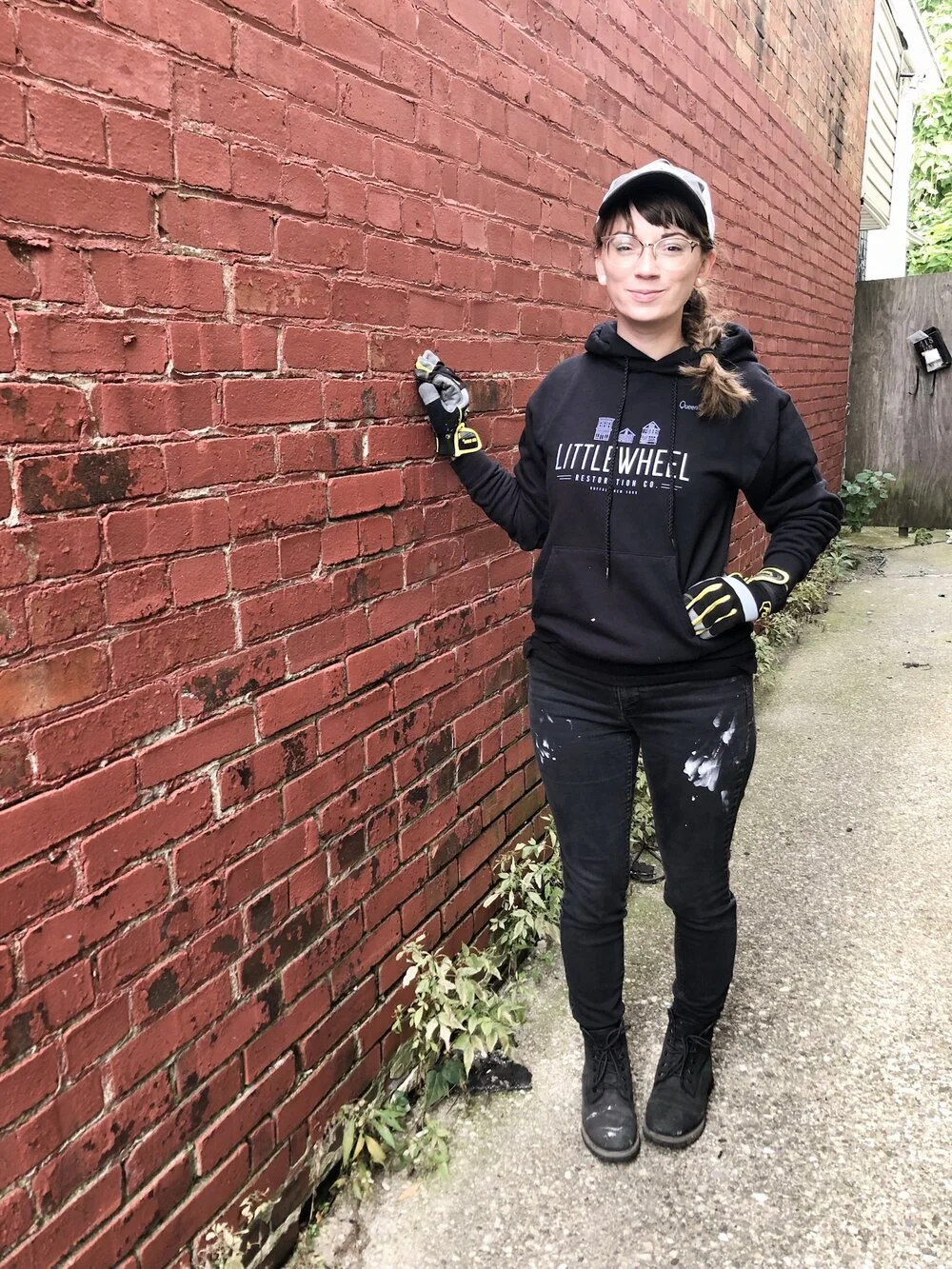Everyone has an entry point on their journey to taking action for their place. For Bernice Radle, it was witnessing the steady depopulation of Buffalo, NY, and seeing a landscape of unused, unloved buildings headed for the wrecking ball.
Read MoreOn this episode of The Bottom-Up Revolution, we chat with Marques King, a licensed architect, practicing urban designer, and small-scale developer operating out of Detroit, Michigan.
Read MoreStrong Towns founding member Seth Zeren stopped by the Mass Construction podcast recently for a conversation on incremental development, New Urbanism, and the Strong Towns movement.
Read MoreThese brothers are pushing for incremental infill development in Memphis, Tennessee, with a community they’re building just north of downtown.
Read MoreYou might love them or you might hate them, but as small-scale developer Bernice Radle reveals, short-term rentals can be a very nuanced discussion.
Read MoreWho is actually going to do the work of incremental development, and what will their motivations be?
Read MoreFor most small-scale developers, capital is a significant barrier to doing small infill projects. But that isn't because the money isn't there to be had.
Read MoreA cohort of small developers representing over 100 properties in poor, disinvested neighborhoods are, together, the largest developer in South Bend, IN. Can their success be replicated?
Read MoreJenifer Acosta is a small-scale developer doing transformative adaptive reuse projects in central Michigan.
Read MoreHow local leaders should respond to the pandemic, the movement to end parking minimums, and the power of incremental development. Here are replays of our top webcasts of 2020.
Read MoreA small-scale developer in Atlanta is showing that it’s possible to improve a neighborhood without displacing the people who already live there.
Read MoreWant to get started in incremental development—or support the developers already at work in your city? These inspiring developers from around North America are showing you how.
Read MoreIt’s important to demystify the development process. Not just for people who have a vested interest in what gets built in their neighborhood, but for people involved in one aspect of the building process — city officials, finance, architects, planners, etc. — who may not fully appreciate what’s happening elsewhere.
Read MoreTrying to navigate opaque bureaucracies, just to get permission to build something that used to be legal everywhere, is like eating Jell-O with chopsticks: tedious and unsatisfying. No wonder people find pragmatic work-arounds instead.
Read MoreBringing a neighborhood back from the brink of ruin, one building at a time, is hard, thankless work—like raising bees when you could just go buy a jar of honey. But when it works, each successful project helps “pollinate” the surrounding area with the seeds of revival, in a virtuous cycle.
Read MoreIt matters what size chunks we build our cities in. Making room for many small-scale development projects on small lots is the universal historical model for a reason, and modern cities could stand to get back to it.
Read MoreWe’re constantly told that the world has become a flaming dumpster fire, and that only large-scale actions are adequate to address today’s urgent problems. But is that true? Chuck and three panelists explore this question in a podcast episode recorded at CNU in May.
Read MoreWe can’t continue business as usual. It’s time for a different approach.
Read MoreR. John Anderson talks about the growth of the small-scale developer movement, recent
If we want incremental development that creates walkable places, while building local wealth and improving traditional neighborhoods, we need to make sure our zoning codes enable that vision.
Read More



















